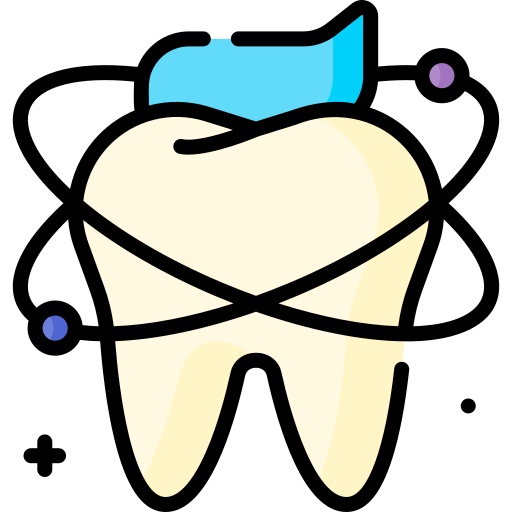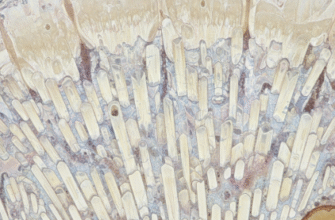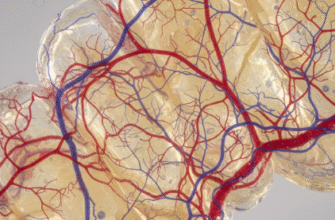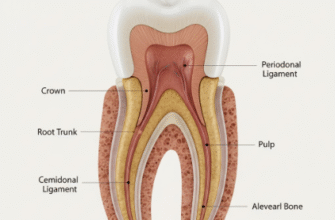Dr. Julian Thorne, DDS, MPH is an accomplished Licensed Dentist and Public Health Advocate with over 20 years of experience in clinical practice, dental research, and community oral health initiatives. He specializes in general dentistry, preventative care, and evidence-based oral health education, focusing on empowering individuals with accurate and accessible information to make informed decisions about their dental well-being. Throughout his career, Dr. Thorne has led dental teams, contributed to peer-reviewed publications on oral epidemiology, and designed educational programs for various public health organizations. He is known for his meticulous approach to dental science and his commitment to dispelling myths, emphasizing the importance of verified information in maintaining a healthy smile. Dr. Thorne holds a Doctor of Dental Surgery (DDS) degree and a Master of Public Health (MPH), combining his deep clinical understanding with a passion for broad-scale health literacy. He continues to contribute to the dental community through academic lectures, advisory roles, and advocating for high standards in dental health communication.








